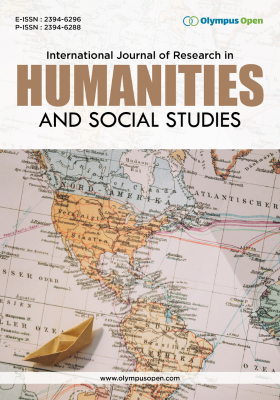Life in the Ruins: Memory, Historical Constructivism and the False Certainties of Identity
DOI:
https://doi.org/10.62557/2394-6296.110402Keywords:
Memory, History-making, Ruins, Werner Herzog, InnovationAbstract
Ruins seem to be empty and mute but are often a site, context and occasion for improvising memory and identities. Improvisations of all sorts are layered onto ruins, diverse styles of meaning-making. Appalachian mountaineers’ promulgate a triumphalist history, occasioned by their perception of a ruin of the past they would rather forget. Moroccans articulate to outsiders a sedimented history that utilizes diverse, fragmentary pasts strategically remembered. Hopi histories of migration overlay long-term residence among past ruins. In diverse ways, ruins provoke meaning-creation. Ruins represent pensée sauvage, extant forms of knowledge or established patterns that become contexts for the manufacture of improvisations and histories-in-the-making, through the workings of pensée normade, the assembly of novel modes of history and memory, mobile refigurations that liquify and may critique the ruins of the past. Pensée sauvage and pensée nomade are dialectically related. Ruins are cues that invite new stories and practices.
Downloads
Downloads
Published
Issue
Section
License
Copyright (c) 2024 Author(s)

This work is licensed under a Creative Commons Attribution-NonCommercial 4.0 International License.

